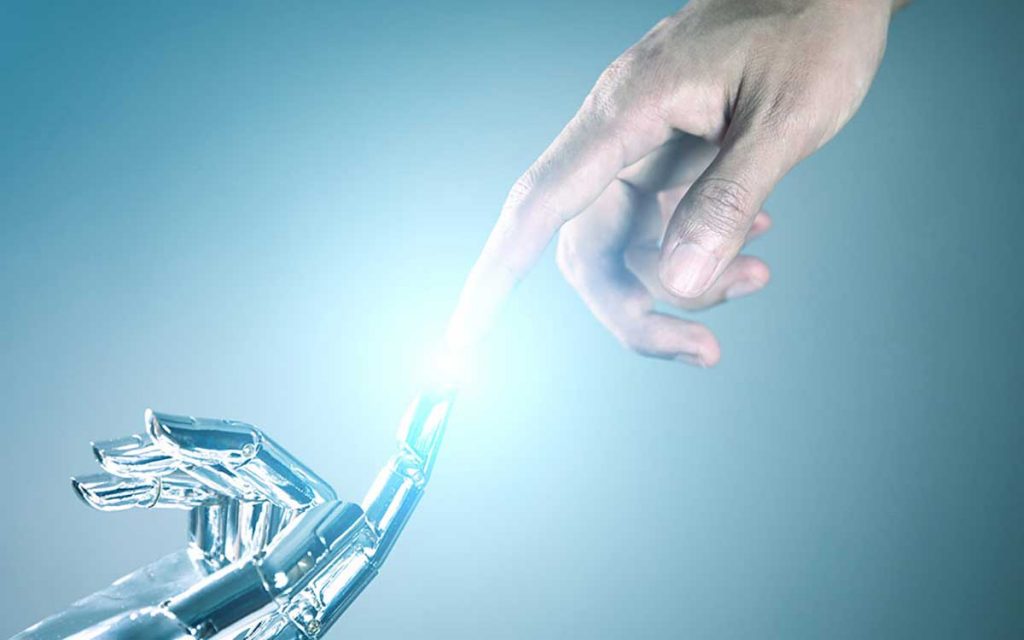Hearing aid technology has advanced fast over the past year. With the completion of several 3-decade studies, increased grant funding and consumer demand, hearing aids are getting smarter. They’re revolutionizing how people with hearing loss hear and more.
It’s integrated with our devices. It uses AI technology. It can communicate with others.
Let’s take a quick look at the advancements over the past year. Let’s see how the future and today collide when it comes to hearing aid technology.
Advanced DNR Digital Noise Reduction
It’s not completely new, but DNR is getting better. This technology can receive sound, process it, digitize it, and transform and then put out a sound that is 10X clearer to the hearing aid wearer.
This is important because people don’t lose all of their hearing at once. They miss certain frequencies and some of the volume. This causes the sound to be distorted and filled with gaps. But advanced hearing aid technology can change sound into the frequencies and volume you can hear best. It’s often a minor change needed, and it’s done instantly.
Smartphone, Smart TV, Now Smart Hearing Aids
Even if the name doesn’t have the same ring to it, “smart” is what hearing aids are today. They use Bluetooth technology to wirelessly connect to iPads, smartphones, TVs, entertainment systems and more. They can dramatically improve how well you hear on the phone.
These features not only bring the sound right to your ear. Similar to DNR, they can change the sound so that it sounds clearer.
But, in the past year, they’ve gotten even smarter. Hearing aids now include features similar to those in popular fitness trackers. They can help you track certain exercise and fitness goals. They can also use a technology similar to the altimeter that tracks how many stairs you climb a day.
A form of reverse engineering is used in hearing aids to detect a sudden drop in altitude.
A sudden drop in altitude will typically mean you had a fall. Using AI (artificial intelligence) technology, the hearing aid can notify someone that they need to check on you. One of the reasons that falls are so expensive as we get older is because if you live alone and fall, you may not be able to get to the phone. It might take days for someone to find you, causing severe dehydration.
Hearing aids can also learn your daily patterns. If you haven’t left a room for a whole day, you may want your hearing aid to notify someone.
If you were wearing your hearing aid, someone can check on you immediately. Maintain independence. But still feel safe knowing someone’s looking out for you.
Longer Battery Life
Here’s our honorable mention.
Sometimes it takes the curiosity of an 8th grader to solve an age-old problem. Battery life for hearing aids had always been a bit unpredictable. Getting your batteries to last as long as possible requires proper hearing aid and battery care. This year, 14-year-old Ethan Manuell of Rochester, MN, who wears a hearing aid, ran some experiments.
He found that if he removed the battery sticker, then let the battery to sit for no more than 5 minutes before placing it in his hearing aid, the battery lasted longer.
The battery sticker protects the battery from oxygenation that reduces battery life. But the battery needs a little oxygen (5-minutes worth) to activate. He was able to increase battery life by 80% by applying this little trick.
Heart Rate Monitor
As you age, nothing becomes more important health-wise than keeping the heart working. But until recently doctors actually had limited knowledge of heart function over time and day to day.
They might order a heart monitor for you. But you’d only wear it for 24-hours or 30 days, giving you a snapshot of your heart health.
Advanced hearing aids can track heart health over time. This helps doctors learn more about your risk factors and how diet and exercise changes may contribute to better health. In a short while, doctors may be able to use your hearing aid data, with permission, to develop a more customized heart health plan for you.
They may be able to diagnose heart disease earlier to reverse damage before it becomes severe.
If you’re taking statins and really don’t need them, it will save both you and your insurance company money. If something is putting extra strain on your heart, you’ll have a better understanding of what that is.
Hearing aids can now notify your emergency responders in the case of a dangerous cardiac event similar to an alert pendant.
Hearing aids are quickly becoming the latest must-have wearables. In just the past year, they’ve come to do so much more than just help you hear.
Is it time to get a new aid? Be sure to talk to your audiologist about the latest features.


